BMW, Ford, Daimler-Benz and other OEMs have been working with UK-based firm Fishy Filaments to trial the use of 3D printing materials made from recycled end-of-life fishing nets.
Fishy Filaments, based in Cornwall, is the first company to turn the fishing nets into high-performance carbon fibre reinforced nylon powders for use in 3D printing in the automotive sector. The recycled powders are used to create a vast range of parts and components in the automotive sector.
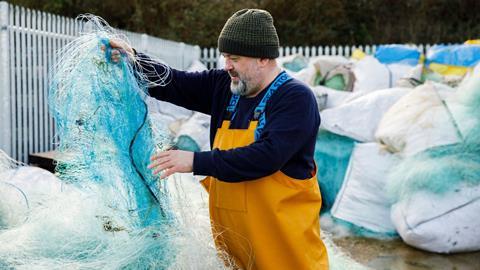
The company is scaling its business into full commercial production and is planning to launch the world’s first commercially available 100% recycled carbon fibre reinforced nylon 6 powder for use in advanced Selective Laser Sintering (SLS) 3D printing. Fishy Filaments is building the first three modules of its fully automated fishing net recycling plant prototype at its Newlyn base. This automated plant will increase raw material production levels to 20 tonnes per annum in the next year, and then on to 50 tonnes a year.
Targeting additional funding of £150,000 ($192,600), the company has launched its latest Crowdcube campaign to fund the next stage of its growth. It plans to scale up global operations by selling its recycling plants to NGOs, local governments and entrepreneurs internationally, building a network of production centres in coastal communities around the world.
In a statement, the company said off-take agreements for recycled materials that are produced at the plants would provide a “guaranteed and stable per kilo price to plant operators, and will deliver social, economic and environmental benefit to hundreds of millions of people”.
Ian Falconer, CEO and founder, Fishy Filaments said: “We have a proven range of products, an advanced R&D programme, and an established and growing base of loyal international customers. We’ve undertaken trials or studies with multiple blue-chip customers including Ford and Daimler-Benz, and are currently participating in trials with other major automotive players including BMW. Here, high-performance components that are co-recyclable and allow for Scope 3 emissions to be addressed in novel ways are seen as highly attractive.”


























![Global[1]](https://d3n5uof8vony13.cloudfront.net/Pictures/web/a/d/s/global1_726550.svgz)




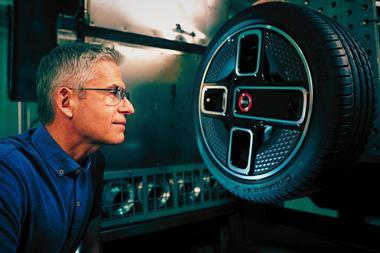

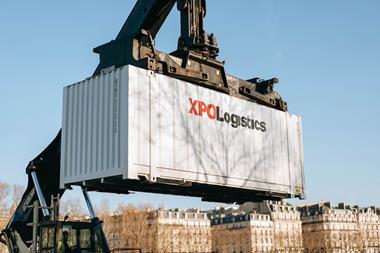

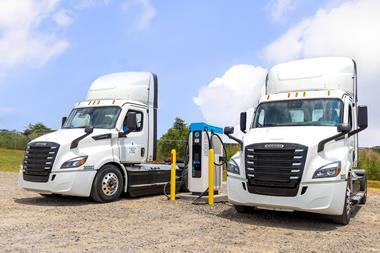
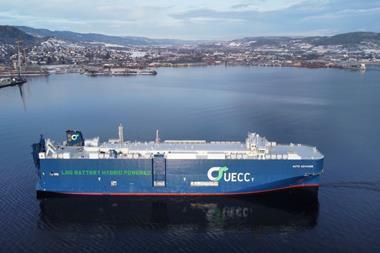



No comments yet